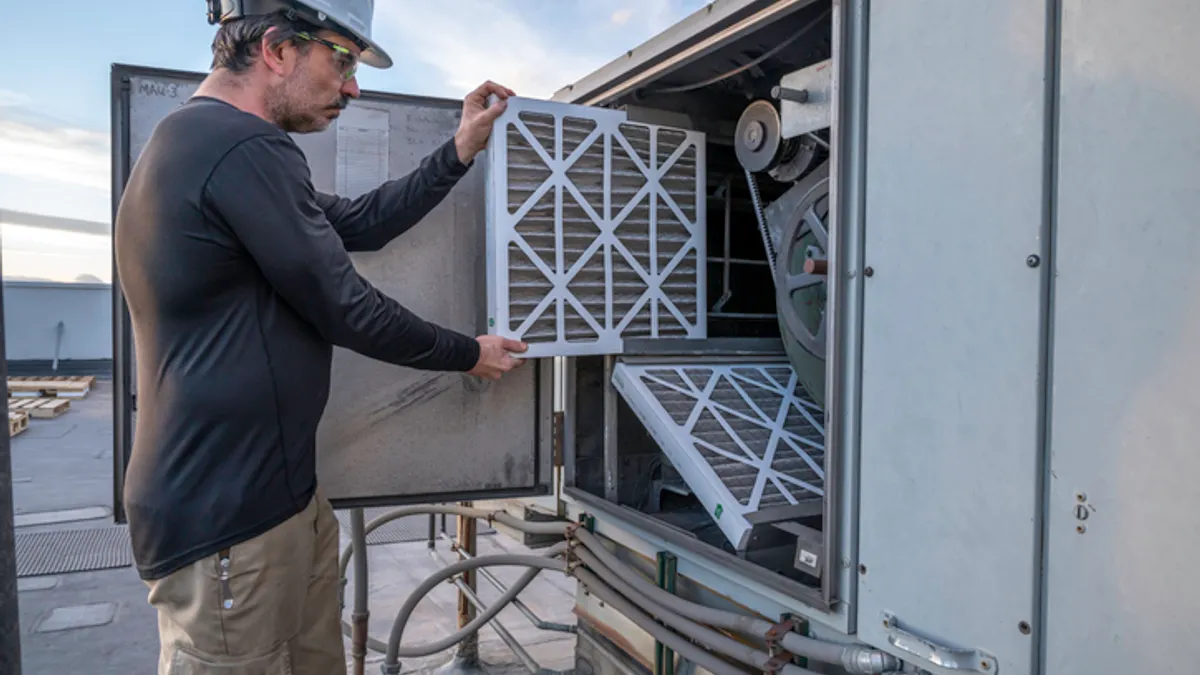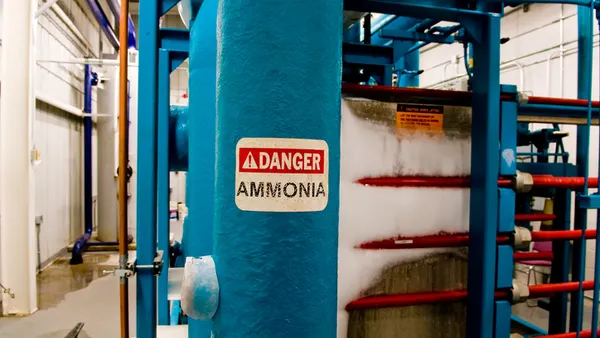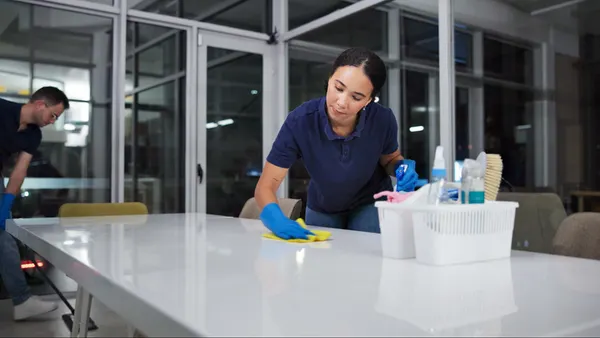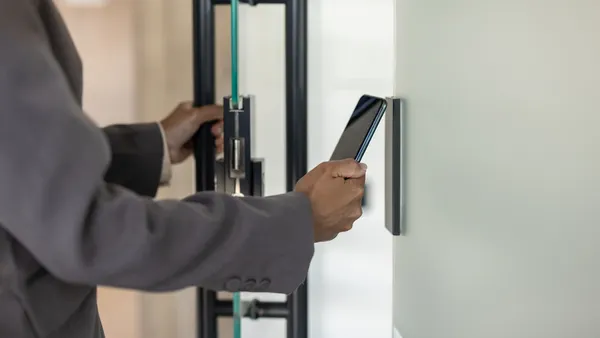The Legionnaires' disease outbreak last month in New York City reminded people of the risk inadequately managed HVAC systems pose. Four people died and dozens were sickened by contamination that was spread through commercial building cooling towers in Harlem, city health officials said.
But HVAC systems can pose risk more routinely than that if filters aren’t cleaned regularly, malfunctioning units release vapors from cleaning agents or if the systems cause indoor air to dry out too much, says Primrose Freestone, senior lecturer in clinical microbiology at the University of Leicester in the U.K.
HVAC systems are likely behind many cases of sick building syndrome, Freestone says in an essay published by The Conversation, a nonprofit news organization focusing on academic topics.
Buildings are considered “sick” if occupants experience headaches, dizziness, congestion and other symptoms after spending time indoors and other factors are ruled out.
“It’s suspected that one cause of sick building syndrome is malfunctioning air conditioners,” Freestone says. “When an AC unit isn’t working properly, it can release allergens, chemicals and airborne microorganisms into the air that it would normally have trapped.”
Freestone pointed to a 2021 study that found AC units can be the source of infectious microbes that cause a range of illnesses, from the common cold to pneumonia.
Contaminated ventilation is a particularly big problem in hospitals because HVAC systems in these settings are prone to contamination from fungal pathogens like Aspergillus, Penicillium, Cladosporium and Rhizopusspecies, and many people there are already immunocompromised or otherwise susceptible to illness.
“Fungal infections can be serious in vulnerable patients,” she says. “For example, Aspergillus causes pneumonia, abscesses of the lungs, brain, liver, spleen, kidneys and skin, and can also infect burns and wounds.”
Systems that dry out air too much pose a problem because dry air can make people prone to infection, she says. “Low-humidity environments can dry out the mucus membranes in your nose and throat,” she says. “This can affect how well they prevent bacteria and fungi from getting in your body – and can leave you more vulnerable to developing a deep-tissue infection of the sinuses.”
HVAC cleaning is crucial to controlling pathogen spread but the cleaning products themselves can be a problem if the system isn’t working properly, she says.
“Malfunctioning air conditioners can … release chemical vapours from AC cleaning products,” she says.
All this sharpens the point of adequate HVAC maintenance, she says. “Ensuring good AC maintenance is essential in preventing air-conditioner-acquired infections,” she says.
















